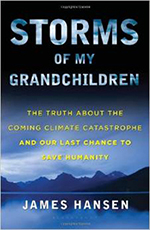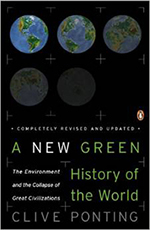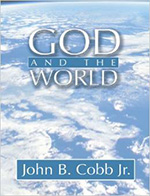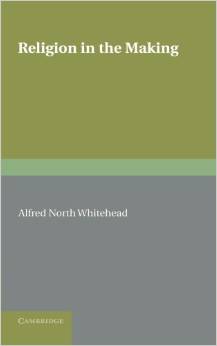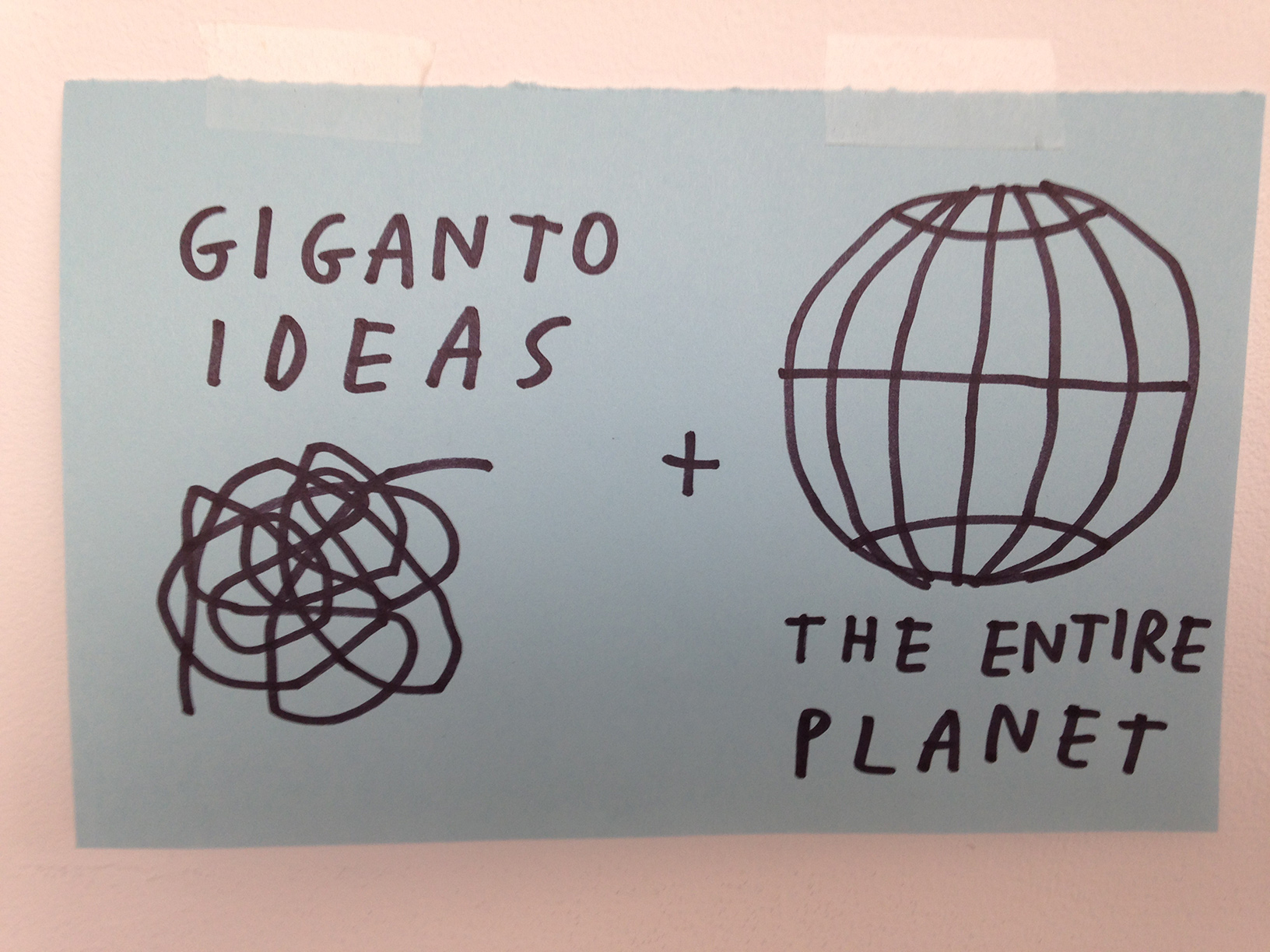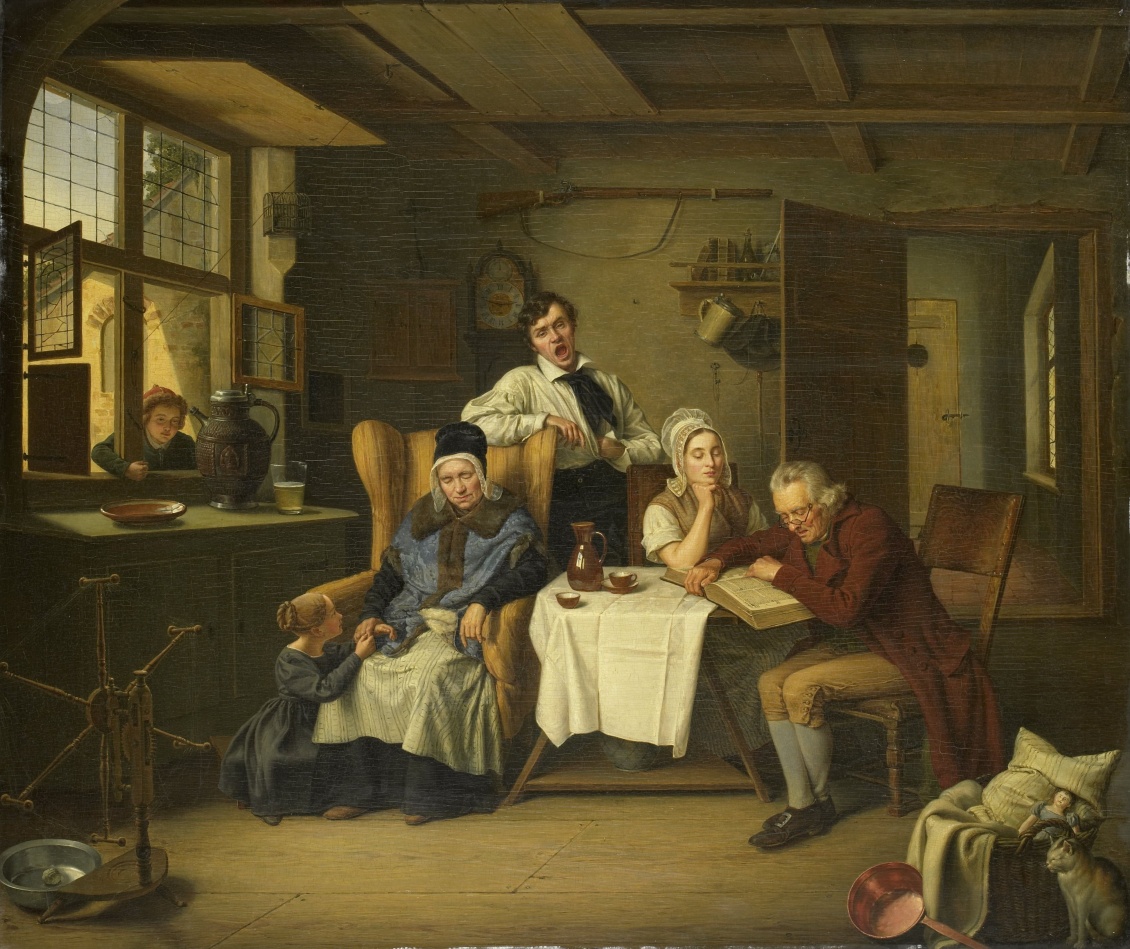Too often, one of the ancient wisdom traditions is adopted as a means of achieving personal serenity without relevance to the global reality. Spirituality, too, needs to be re-imagined in the context of our ecological embeddedness.
← Return to Seizing an Alternative
Section Tracks
- Track 1: Can Whitehead’s Cosmology Contribute to Hindu and Jain Thought?
- Track 2: Sikh Values for an Ecological Civilization
- Track 3: How Does Buddhist Nondual Process Thought Respond to the Global Crisis?
- Track 4: Confucian Thought and Whitehead
- Track 5: Thinking Independently in the Tradition of Classical Greece
- Track 6: The Contributions of Indigenous Wisdom
- Track 7: The Contributions of Africa
“Life is an internal fact for its own sake, before it is an external fact relating itself to others. The conduct of external life is conditioned by environment, but it receives its final quality, on which its worth depends, from the internal life which is the self-realisation of existence. Religion is the art and the theory of the internal life of man, so far as it depends on the man himself and on what is permanent in the nature of things.”
– Alfred North Whitehead
The philosopher Alfred North Whitehead gave a number of definitions of what he called “rational religion.” One of these is “the art and theory of the internal life.” Of course, the great teachers about the internal life emphasized that it profoundly affected the outer life of people. This discussion will focus on these teachers and the ways in which their thought can be made relevant in the present global situation. All the great thinkers of the Axial age reflected about human life both in terms of outer relations and interior development. The Hebrew prophets focused on outer relations, calling, above all, for justice in human societies. Judaism, Christianity, and Islam are especially inspired by the prophets and are often called “the Abrahamic traditions,” since the Hebrew prophets saw themselves as standing in a history going back to Abraham. All these traditions are concerned with the cultivation of the inner life. But the systematic and articulate description of the inner life, together with the idea that we can choose to shape it, is the achievement especially of the Axial thinkers of South and East Asia. Although all the Axial thinkers are focused on the human spirit, what today most people mean by “spirituality” is the ordering and enriching of the interior life to which India and China contributed so much. Too often today, one or another of these traditions is adopted and adapted as a means of achieving personal serenity without relevance to the global reality. Even in this form they can make significant contributions. But like the Abrahamic traditions, they, too, need to be re-imagined and re-invented. They were developed without sufficient regard to the embeddedness of human existence in the natural world. We need their re-development in the context of our new awareness of what we are doing to our environment. One tradition that is not usually thought of in terms of spirituality is Greek philosophy. Actually, many of the Greek philosophers were quite concerned to guide the shaping of the inner life. The chief heir of Greek philosophy in the Roman world was Neo-Platonism, which can readily be understood as a spiritual movement.
I am including Greek philosophy here because it arose during the same period and is an extremely important contributor to global wisdom. However, by its nature it is important more in its stimulation of fresh thinking about reality and human life than in creating ongoing communities of followers and practitioners. Many who call themselves “philosophers” today do not seek to play the role of guides to life or to responding to urgent global issues. But some do. They seek to respond to personal need to think clearly and well about life and the global crisis by independent reflection of the sort engaged in so brilliantly by the Greeks. Actually this was the role of Whitehead himself, and some of those whose work is most promising were influenced by him. However, there is another source of wisdom that today increasingly shows its relevance. There are still communities of indigenous people who have eschewed “civilization” and maintain traditions continuous with practices and attitudes developed long before the rise of civilization. It was just this civilization that created the alienation from nature. The Axial traditions arose in the context of civilizations and for the most part participate in their focus on intra- and inter-human issues while marginalizing the issue of relation to the rest of nature. But indigenous communities scattered over the planet reflect a wisdom not found in any of the Axial ways – a wisdom that could prove profoundly important to us today. We are just beginning to listen seriously to the long-ridiculed bearers of this wisdom. I hope that those who share with us will be patient with our obtuseness. By John B. Cobb, Jr
Plenary Speaker and Section VII Chair

Ignacio Castuera
The Rev. Dr. Ignacio Castuera has had a long career of teaching and activism. Ignacio received his doctorate from Claremont School of Theology and has held a variety of positions during his long career. From local congregations, to courses in theology. Counseling Psychologist at UCLA, Los Angeles District Superintendent of the United Methodist Church, National Chaplain for Planned Parenthood and Director of Social Service Ministries with All Nations Foundation. During the early years of the AIDS pandemic Ignacio was very active in AIDS Project Los Angeles where he functioned as a volunteer treasurer. Lately he served in the Freedom to Marry Board.
Lecture Title:
Spirituality
Postings from Seizing an Alternative
Suggested Resources
Links to Section-related books and media for pre-conference preparation include:

